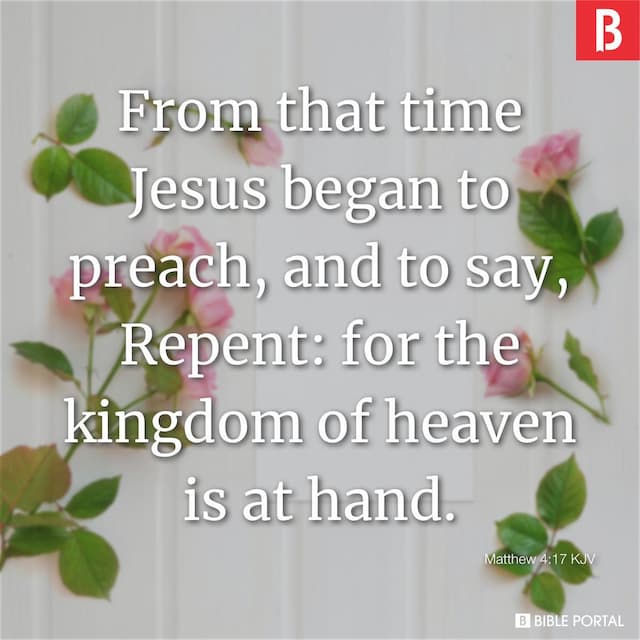Beyond anxiety: Praying for the peace of God
A man sitting on a sofa. (Photo by Andrea Piacquadio from Pexels)
Do you worry too much?
Experiencing occasional worries is normal, but persistent and chronic worrying may indicate a health disorder. You're not alone if you constantly feel like you're waiting for something to go wrong or are anxious without an apparent reason. Chronic worrying can dominate your life, causing anxiety even when there's no obvious cause.
But worries are sometimes good. Psychiatrist Bruce Levin MD reports: If there is a threat, there is something to worry about…If you run into a bear in the woods, you have something to worry about… [In such cases], not worrying may be more of a problem than to worry."
While occasional worry is universal, adopting strategies to regain control is essential if it feels overwhelming. Recognizing this cycle and taking proactive steps can make a significant difference. For yourself or a loved one, breaking the pattern of chronic worrying is crucial. It allows you to release the breath you've been holding and find peace of mind.
What is chronic anxiety?
Chronic worrying manifests when one struggles to navigate one's anxieties effectively. If you find yourself in this predicament, you might observe a constant grip of anxious thoughts, persisting even without an immediate threat. Those grappling with chronic worry often engage in what-if thinking, fixating on the worst-case scenarios for various aspects of life. These include family dynamics, relationships, health, finances, work, global affairs, and personal matters.
Moreover, the impact of chronic worrying extends beyond mental preoccupation, hindering the ability to unwind. It creates a perpetual impending doom or heightened awareness of one's surroundings. Paradoxically, individuals entrenched in this cycle may perceive their worrying as purposeful.
They believe it reflects forward-thinking and proactive behavior. Recognizing and addressing chronic worrying is paramount, as it disrupts relaxation and affects overall well-being. Seeking effective coping mechanisms and support becomes essential for breaking free from the clutches of relentless anxiety.
The practice of prayer: The Biblical steps for peace
Engaging in prayer for the peace of God involves intentional steps:
1. Acknowledge your anxiety. The first step is acknowledging your fear. Be honest with yourself about your feelings and concerns.
2. Express your concerns in prayer. Share your worries with God. Pour out your heart in an authentic and vulnerable manner.
3. Practice gratitude. Cultivate gratitude by thanking the divine for the blessings in your life. Gratitude has a transformative effect on our perspective.
4. Seek guidance. In prayer, ask for advice and wisdom. Trust that there is a source of wisdom beyond your understanding, ready to illuminate your path.
5. Release control. One of the most challenging aspects of anxiety is the illusion of control. Through prayer, surrender your need for control and embrace the freedom of trusting in something more significant.
Do not Worry
"Do not be anxious about anything, but in every situation, by prayer and petition, with thanksgiving, present your requests to God. And the peace of God, which transcends all understanding, will guard your hearts and your minds in Christ Jesus."
The timeless wisdom of the Bible is rock solid. Paul's counsel transcends religious boundaries, offering a universal remedy for the human condition plagued by anxiety. He directs us to go beyond anxiety and the transformative power of praying. It underscores the importance of relinquishing control and entrusting our concerns to God.
We also invite Him into our struggles by fostering a heart of gratitude amid life's challenges. The promise of peace surpassing understanding is an enduring beacon of hope. It assures us that, in the act of prayer, we find not only solace but also a safeguard for our hearts and minds.
So, let us not be troubled. In Christ, we find peace.










